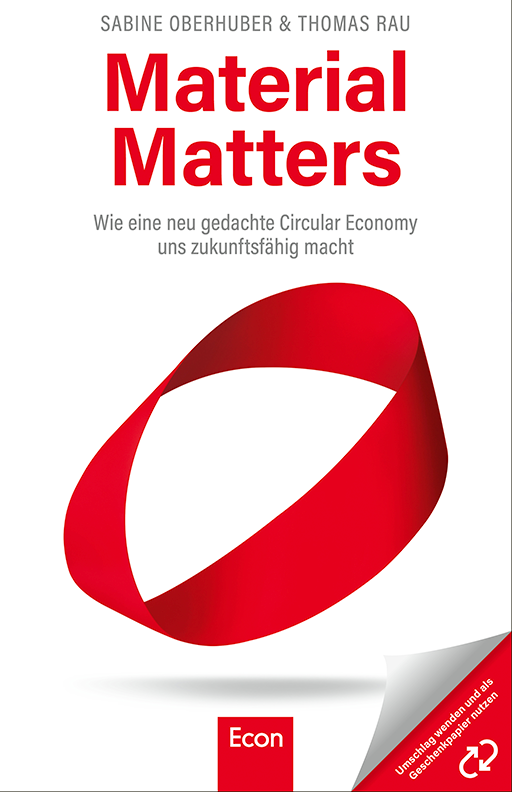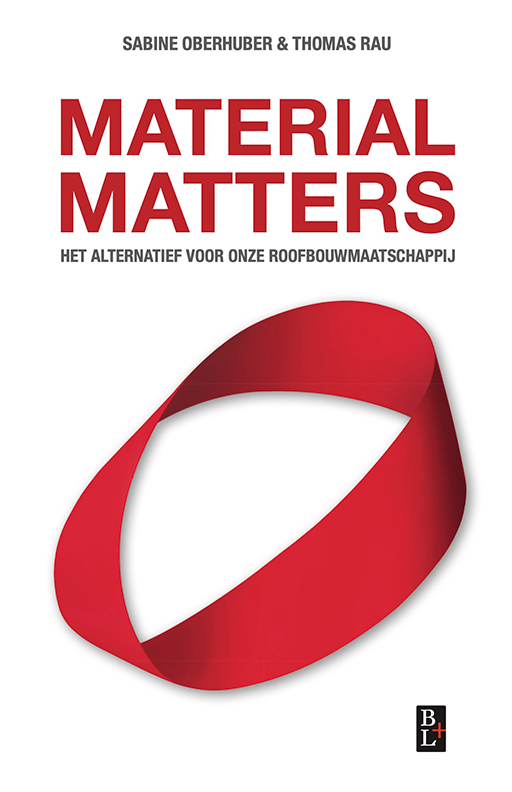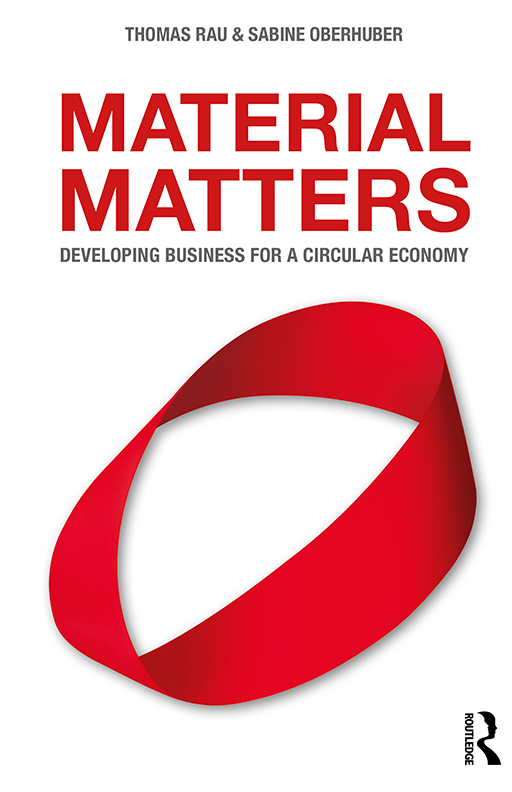Initiatives
RAU
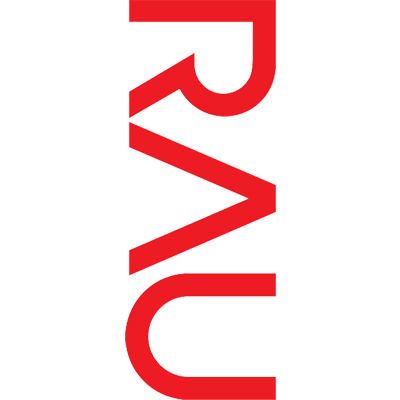
From 1992 onwards, architectural firm RAU has been operating from a strong sense of awareness with respect to designing environmentally friendly buildings. Since then, the firm has become an authority in the fields of energy-positive buildings and circular architecture. RAU is devoted to the long-term interests of the Earth and its inhabitants. It creates for both the public and the private sector.
At a time when nature is so heavily threatened by human activity, RAU instead strives to protect our planet—the only physical environment we have.
RAU is an active participant in the current international debate on sustainability and the development of energy conservation technologies.
Turntoo
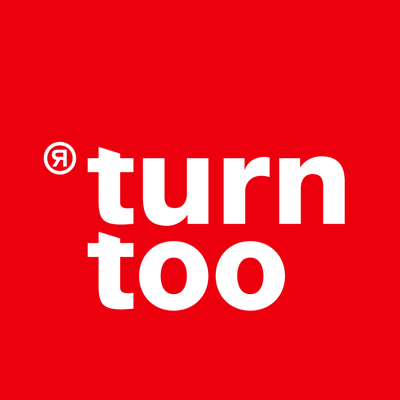 Turntoo was founded in 2010, by Thomas Rau and Sabine Oberhuber. Turntoo is a known pioneer and front runner in the circular economy. The company is collaborating with various organisations that are supported by Turntoo in the development and implementation of circular business models and management strategies.
Turntoo was founded in 2010, by Thomas Rau and Sabine Oberhuber. Turntoo is a known pioneer and front runner in the circular economy. The company is collaborating with various organisations that are supported by Turntoo in the development and implementation of circular business models and management strategies.
In this way, Turntoo is facilitating the transition towards a circular economy.
The concepts and business models developed by Turntoo have meanwhile become accepted elements of the circular economy. Examples are Light as a Service (paying for the light you need), Material as a Service (washing and cooling on a performance basis), and Madaster (buildings as material depots).
Turntoo considers products and building as depots of resources and materials, and strives for an economy in which materials are returned to their producer, after having been used. Resources and materials, thus, remain available for future products, and producers are encouraged to make better choices with respect to designs and materials
Some examples:
- Light as a Service (Philips)
- Material as a Service: washing and cooling, on a performance basis (BSH Bosch Siemens Hausgeräte)
- Material passport (Madaster)
- Buildings as a material depot (Municipal building Brummen, Alliander head office)
Madaster
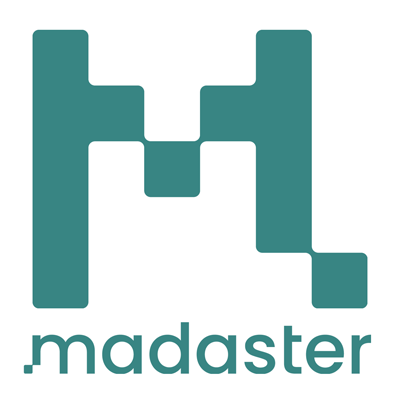 Madaster is an online global registry of products and materials within the built environment. The registry was established in 2017, following the ideas as elaborated by Thomas and Sabine in their book, Material Matters.
Madaster is an online global registry of products and materials within the built environment. The registry was established in 2017, following the ideas as elaborated by Thomas and Sabine in their book, Material Matters.
One of the main points they discuss in the book is the fact that our planet is a closed system—which is why all our resources are both scarce and limited. For us to survive as a society, we therefore need to find a way to prevent this valuable material from turning into waste.
Madaster is based on the idea that waste simply is material without an identity. In the same way that we protect people by giving them a passport and registering their identity, we can also do so for materials and resources. This required establishing an overarching registry. Thomas and Sabine decided to take the initiative themselves.
The largest amount of waste is produced by the built environment. Madaster, therefore, started by focusing on the construction industry, with a registry for real estate and infrastructure. This online registry automatically processes 3D blueprints and connects to a series of data sources, in order to calculate the circular value of buildings. This circular value, subsequently, is converted into a financial value.
Materials are recorded in the registry, in so-called material passports. Registry users, thus, know exactly which materials they own and where those are located at any point in time. Although Madaster currently is still fully focused on the construction sector, there are plans to expand the registry towards numerous other types of industries. After all, buildings are not the only material depots, but so are individual products.
Sustainability is a stopgag
Turnaround Terminal
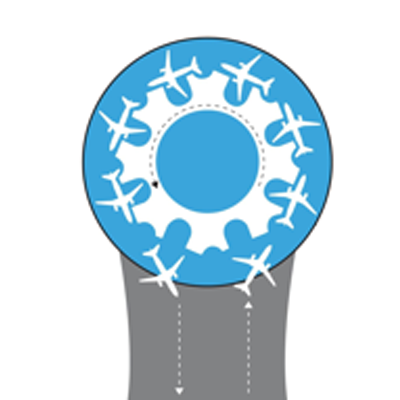 A client asked Turntoo: what would be the most sustainable airport terminal in the world? The honest answer: there are no sustainable airport terminals yet.
A client asked Turntoo: what would be the most sustainable airport terminal in the world? The honest answer: there are no sustainable airport terminals yet.
This was the point of departure for a fruitful development process, resulting is what Thomas calls ‘an option with a future’—a radical breakthrough. The Turnaround Terminal is more than a building; it houses a machine that processes individual aircraft rapidly and efficiently, with enormous advantages for the entire chain. Turnaround Terminal has since become an independent company, but the logistical essence remains applicable for Turntoo, in a variety of industries and market segments.
Universal Declaration of Material Rights
The fact that human beings have rights has become a generally accepted concept. Human rights always feature high on the agendas of international organisations and governments, around the world.
However, what would be the rights of the materials that enable us to live? Nothing has been officially agreed on, in this respect, while our human rights are becoming increasingly intertwined with those of the materials on which our lives depend.
Thomas, Sabine and Turntoo plan to do something about that. If we would treat materials the way we would like to be treated ourselves, a fundamentally different worldview would be created—a worldview that would be a precondition to changing our relationship with the Earth.
Turntoo, therefore, drafted the Universal Decleration of Material Rights. This concept incentivises, and unleashes ideas in decision-makers, users, owners and designers, which will facilitate our temporary presence here on Earth.


